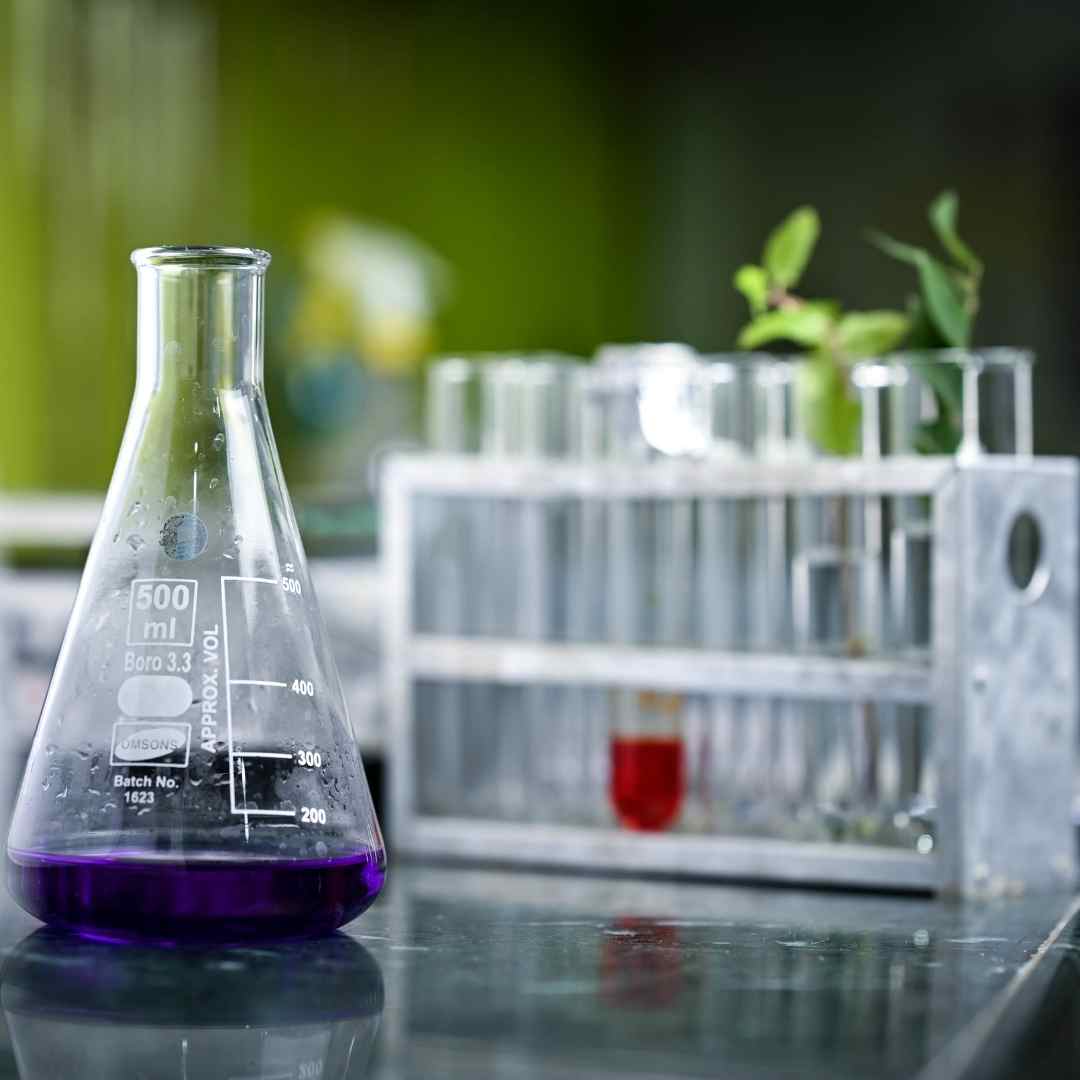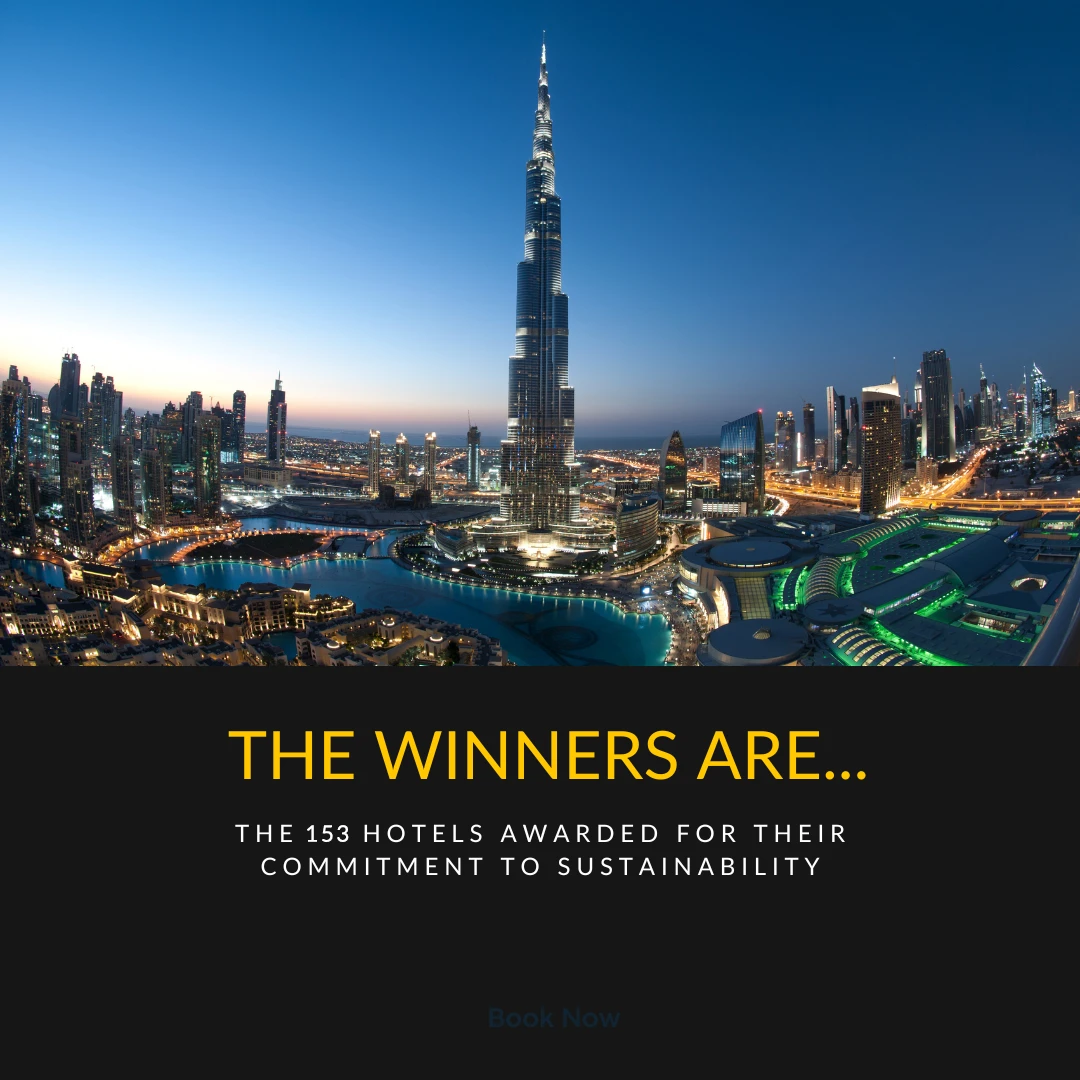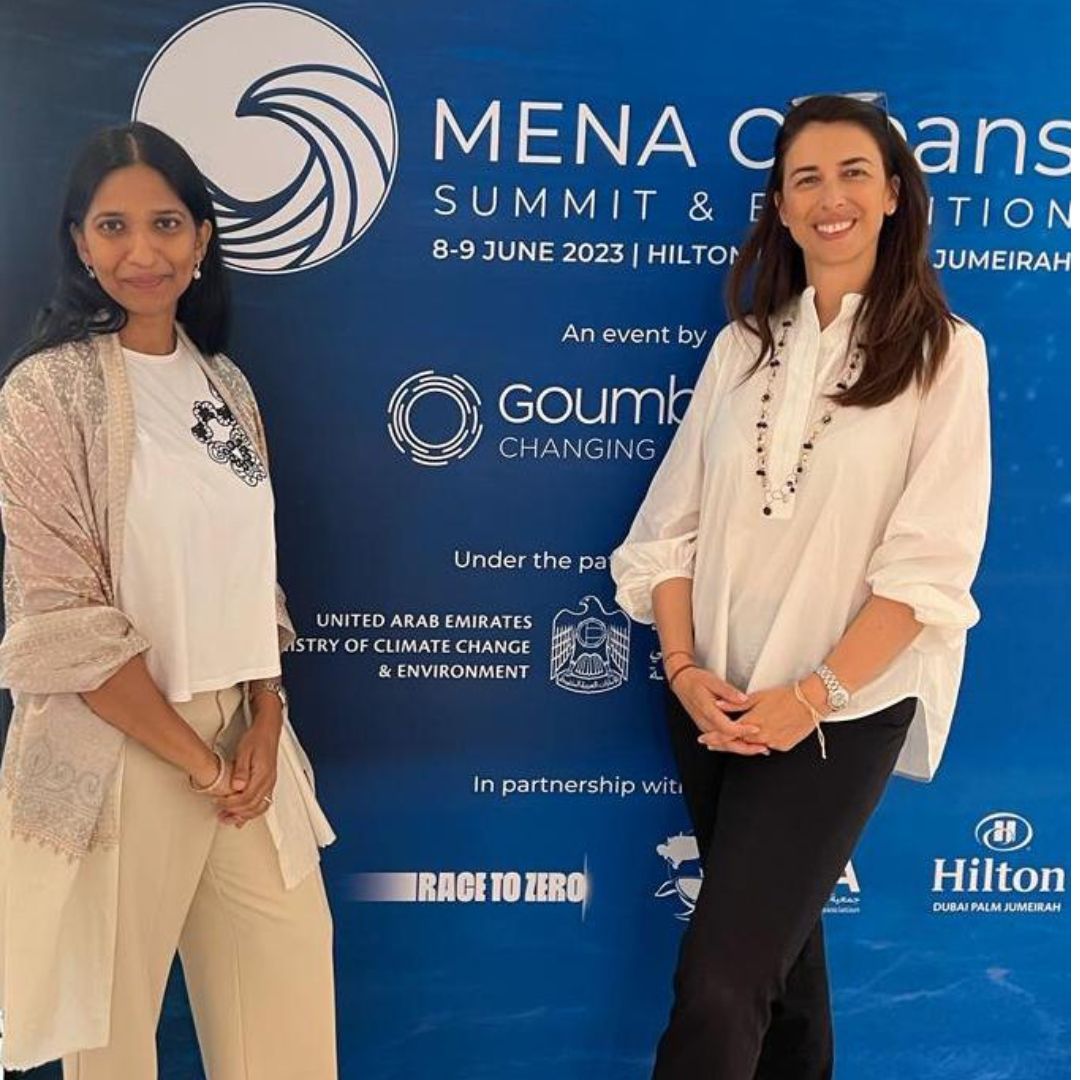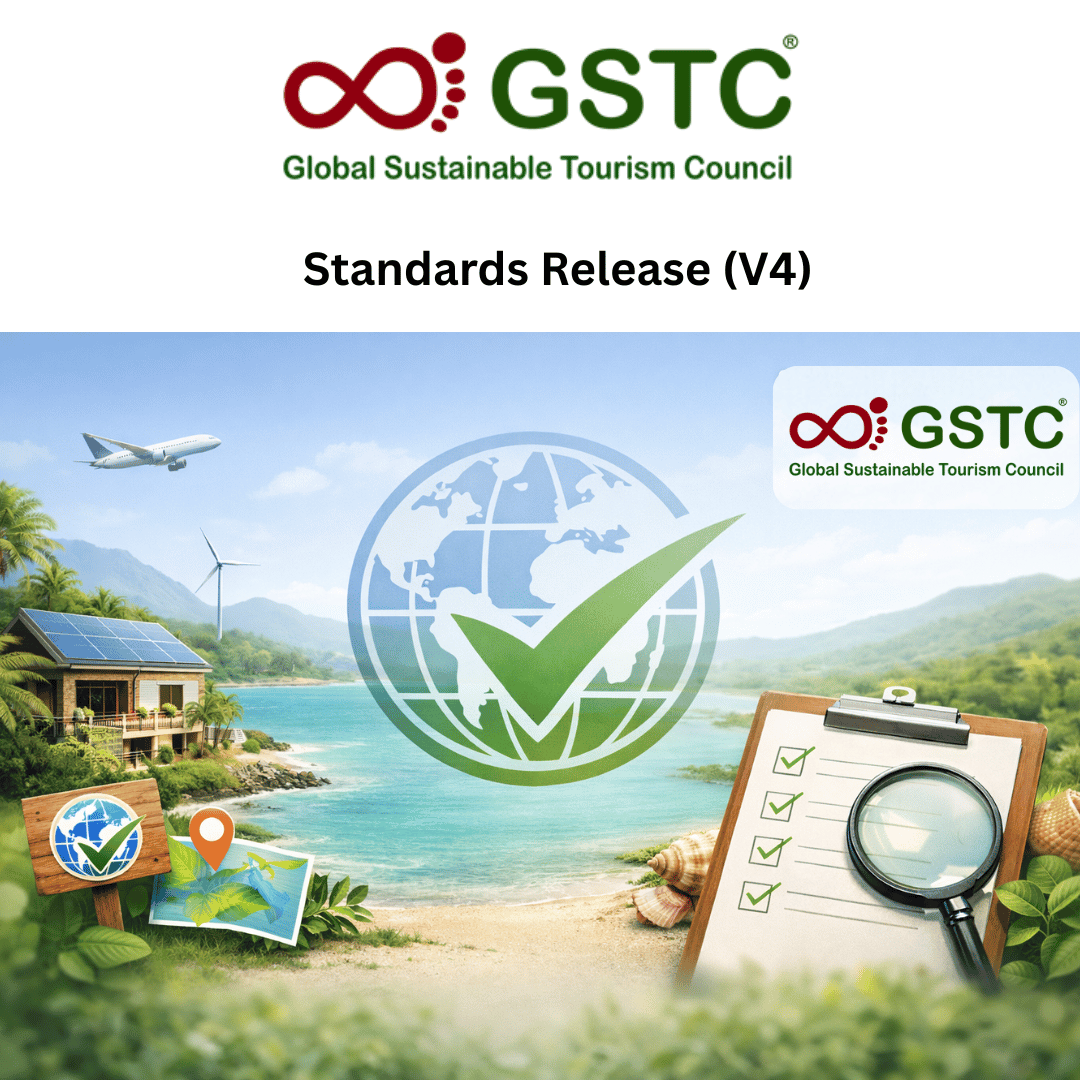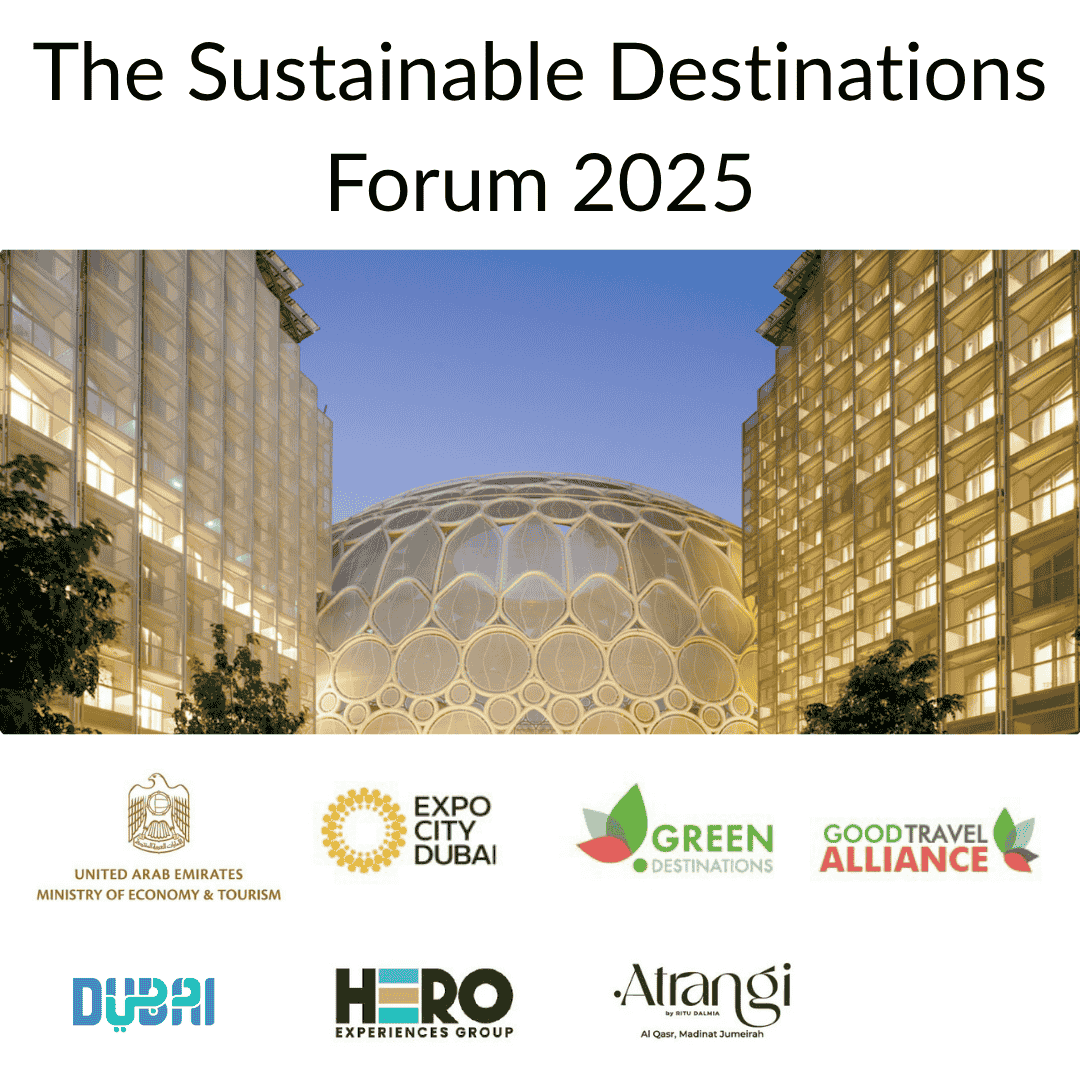When we talk about guest wellness in hospitality, we often focus on spa treatments, organic menus, and air-purifying plants in the lobby. But true health and wellbeing go deeper than what’s visible. Increasingly, it’s about what isn’t in the products and spaces we provide.
One emerging focus is PFAS — “forever chemicals” that have quietly made their way into countless everyday items, including hotel textiles, cookware, packaging, and even cosmetics. Understanding and addressing PFAS isn’t just a regulatory issue; it’s a matter of guest safety, brand reputation, and responsible procurement.
The Hidden Chemicals in Everyday Hotel Life
PFAS (per- and polyfluoroalkyl substances) are a large family of synthetic chemicals used since the 1950s for their water-, stain-, and grease-resistant properties. Think non-stick pans, waterproof jackets, greaseproof wrappers, and stain-resistant fabrics.
The problem? PFAS don’t break down in the environment or in our bodies. They accumulate over time, and studies link them to serious health concerns: cancer, immune suppression, hormone disruption, and developmental issues in children. For this reason, PFAS are often called “forever chemicals.”
Where Guests Might Meet PFAS
Hotels are at the front line of guest experience — and therefore of guest exposure. Common touchpoints include:
- Bedding and textiles: stain-resistant treatments on linens, drapery, or uniforms.
- Food and beverage: non-stick cookware, greaseproof packaging, coffee cups.
- Amenities: waterproof cosmetics or long-lasting lotions.
- Water supply: drinking water in areas where PFAS are present in groundwater.
With PFAS bans and restrictions rolling out in the EU, the U.S. (California, New York, and more), and countries such as France and New Zealand, it’s only a matter of time before procurement standards in hospitality are directly affected. Hotels that get ahead of this curve will avoid supply chain disruptions.
How to Keep Chemicals Out of Your Guest Experience
The safest way forward is to build PFAS awareness into procurement decisions, just as we already do for organic, fair-trade, or cruelty-free goods. Here’s how:
Ask suppliers for proof
- Require a declaration of “no intentionally added PFAS” in textiles, packaging, and amenities.
- Request Safety Data Sheets (SDS) or third-party certifications (e.g. OEKO-TEX, Cradle to Cradle, Nordic Swan).
Focus on risk categories
- Prioritise high-exposure items like bedding, food packaging, cookware, and cosmetics.
- Replace non-stick cookware, waterproof sprays, and stain-proof fabrics with safer alternatives.
Engage in testing where needed
- Work with accredited labs to spot-check water and high-risk product lines for PFAS presence.
- Use this data to back procurement decisions and reassure guests.
Phase out, don’t wait
- Even if local regulations haven’t caught up, global trends are clear. Begin phasing out PFAS products now to future-proof your supply chain.
Wellness Isn’t Wellness if Health Comes Second
Wellness in hospitality can’t just mean offering yoga or green juice. If the sheets a guest sleeps on or the cup their coffee comes in contains harmful chemicals, we’ve missed the point. Responsible procurement — ensuring that what we buy and provide is safe, healthy, and transparent — is the true foundation of wellness.
Time for Hotels to Lead the Way
PFAS are a wake-up call — a reminder that hidden chemicals in supply chains can quietly erode trust, wellness, and sustainability goals. For hotels committed to wellness and responsibility, tackling PFAS is an opportunity: to protect guests and staff, to strengthen supply partnerships, and to lead with integrity.
The future of hospitality is on that is PFAS-free — and the time to start is now.
Want to dive deeper? Join the conversation at the Responsible Hoteliers Summit — October 30th, Dubai for an Interactive Masterclass on Responsible Sourcing in Hospitality.
